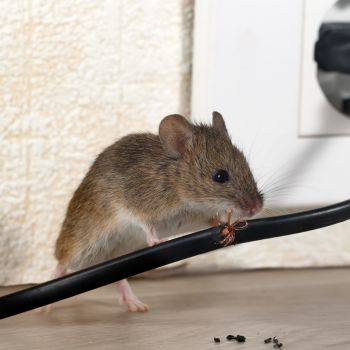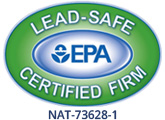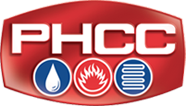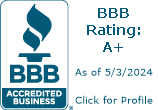Risks of Pests in Your HVAC System
 Throughout the year, warm and cool conditions in your HVAC system look inviting to pests. Add extra moisture into the mix and these factors can increase risks for an infestation that may damage your HVAC system, lead to an electrical issue or expose you to bacteria and allergens.
Throughout the year, warm and cool conditions in your HVAC system look inviting to pests. Add extra moisture into the mix and these factors can increase risks for an infestation that may damage your HVAC system, lead to an electrical issue or expose you to bacteria and allergens.
If you see holes in the ducts, the power recently went out or you notice strange smells or noises, pests may have made a home in your HVAC system. Learn the risks and what you can do to address the issue.
Pests You May Find in Your HVAC System
Based on the time of year, you may find one or more of the following pests living in your HVAC system:
- Insects: A number of insects and arachnids get attracted to your HVAC system. For example, ants get attracted to excess moisture building up around the condenser, while spiders may prefer the dark conditions to build webs. Wasps might build nests near damaged ducts or areas leading to the outside. Cockroaches, which also prefer moisture and darkness, may use the HVAC ducts as a conduit to migrate through your home, exposing you to bacteria.
- Snakes: If your HVAC system opens to the outdoors, snakes can enter through a vent in search of a cool, dry place during fall or winter and make a home around the condenser.
- Rodents and Mammals: Mice, rats, squirrels and raccoons can enter an HVAC system through a vent or damaged duct. After finding heat and moisture, they start to build nests and multiply, exposing you to fecal matter and bacteria. Rodents need to gnaw to keep the length of their teeth down, so these pests can chew through wires, leading to electrical and fire issues or create holes in the ducts. Over time, their presence can contribute to respiratory issues, affect indoor air quality and spread a foul scent throughout your home.
Issues Related to Pests in Your HVAC System
Pests in your HVAC system can contribute to the following issues:
- A Blocked Flue Pipe: Rodents may build their nests in this location, preventing carbon monoxide from leaving your home. As it accumulates, occupants may be exposed to toxic levels of this gas.
- Electrical Issues: Rodents chew through wires and other electrical components. You may find that portions of your HVAC system no longer work or a fire starts without explanation.
- Sensor Issues: Spiders may weave their webs around sensors, collecting dust and affecting how sensors monitor your unit. As a result, you may find that your HVAC system shuts down frequently or won’t turn on at all.
- Holes: Rodents chew and claw, which can result in holes throughout your HVAC system’s ductwork and damaged connection points. In response, you may notice that your energy bills have skyrocketed, but portions of your home don’t receive any heat or cool air.
- Spreading Diseases: Rodents carry a number of pathogens that can be harmful to human health. As an infestation spreads, their nests, hair and bodily fluids increase your exposure to these concerns. You may develop respiratory issues or an unexplained illness.
- Higher Electrical Bills: A combination of restricted air, holes and short circuits is reflected in your electrical bills. You may notice costs increase with time or suddenly spike.
- Clogged Filters: Having rodents in your ducts increases hair, dust and other particles circulating through the system. This factor causes components overheating, filters to clog sooner and increases long-term risks for system breakdown.
What to Do If Pests Are Living in Your HVAC System
You may be dealing with an infestation if you notice a combination of the following:
- Changes in heating or cooling throughout your home
- Aggravated allergy symptoms
- Strange sounds, including rustling or skittering through HVAC ducts
- A foul, sour or musty smell
- Droppings or a hive near outdoor components
In the short term, have an exterminator examine all ducts and other parts of your HVAC system to remove any pests and sterilize components. From here, work with an HVAC professional to:
- Repair and seal any damaged ducts to improve the circulation of air throughout your home.
- Better protect vents and flues against future infestations.
- Clean up the area around any outdoor portions of your HVAC system to make them less attractive to pests.
- Inspect your HVAC system for sources of moisture that could be attracting pests and have these issues resolved.
Are you recovering after pests were found in your HVAC system? Work with the professionals at MJ Fahy & Sons to have ducts or wiring repaired and make adjustments to prevent future infestations. Contact us today to schedule service.




